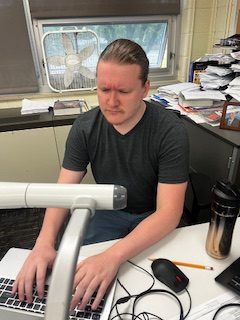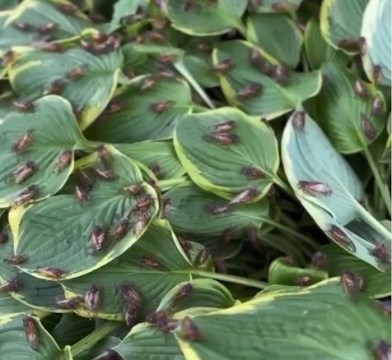On April 26th, students donated blood for the blood drive. 63 students signed up the week prior and had to schedule a time. Some students, however, are scared of needles and didn’t want to donate.
Christopher Rojas-Lopez, for example, is a junior who fears needles.
“I went to the doctor as a kid and they told me it wasn’t going to hurt, but then it hurt,” said Lopez.
According to the Centers for Disease Control and Prevention, needle phobias can be learned from past experiences, but there can also be a biological reason for the fear. These phobias can make procedures feel more painful and can prolong them as well.
“Every time I see them (needles) I start sweating or get anxious,” said Rojas-Lopez.
This comment would suggest that his fear of needles is a biological problem, not from a past experience.
For some people it’s not the needle itself, but what happens during the penetration.
“It’s only blood drives, but I just don’t like watching blood get drained out of me,” said Max Haddad, junior.
Understanding phobias is difficult, but mitigating them is very possible. Before you go into a procedure involving needles, take these steps to prepare: Understand and research the procedure, replace scary words with less frightening ones, and try to make your surroundings as comfortable as possible.
Understanding and researching the procedure is a key part of getting over your fear of needles. Whether it is a shot or donating blood, understanding the process and what’s going to happen can put you at ease.
Next, you should look at the words that you’re using. Instead of the word shot, use the word poke or prick to describe it.
Lastly, tell your doctor or nurse if there’s anything they can do to make you feel better in your surroundings. If possible, they would gladly make the process of the shot or donation take less time.
“Drink lots of water, but also make sure you have enough salt to hold the water” said Mr. J.J. Tews, a science teacher who has overseen the blood drive every year. “I would tell some of the kids to either A, look away, or B, pull out their phone so they’re not thinking about what’s going to happen.”
















